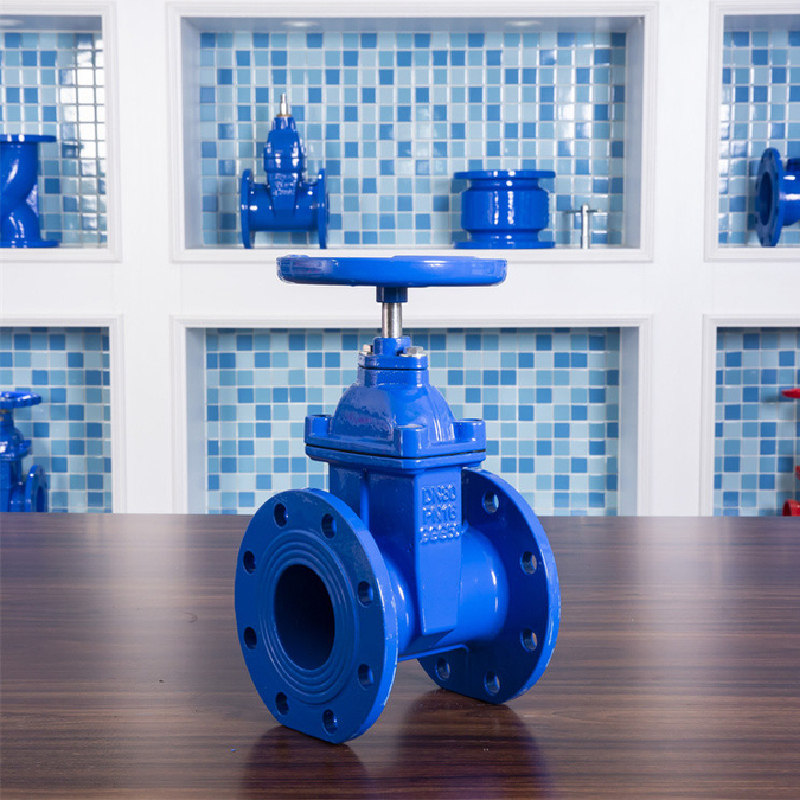Sep . 04, 2024 00:29 Back to list
precision thread gauges
Understanding Precision Thread Gauges
Precision thread gauges are essential tools in the field of manufacturing and engineering, particularly when it comes to measuring and ensuring the accuracy of threaded components. Threads are integral in various applications, from fastening machinery parts to providing secure connections in plumbing systems. As the demand for precision in engineering continues to grow, so does the importance of reliable tools such as thread gauges.
What Are Precision Thread Gauges?
Precision thread gauges are specialized instruments used to verify the dimensions and quality of threaded fasteners, such as screws, bolts, and nuts. They come in various forms, including go/no-go gauges, thread pitch gauges, and tap and die sets. The primary purpose of these gauges is to ensure that a threaded component meets specific standards concerning size, shape, and functionality.
The go/no-go gauge is particularly noteworthy; it consists of two ends—the go end should fit onto the threaded part, while the no-go end should not. This simple yet effective design allows engineers and machinists to quickly assess whether a component is within acceptable tolerances. Moreover, thread pitch gauges measure the distance between the threads, ensuring consistency and compatibility among connected parts.
Importance of Precision in Thread Gauges
The accuracy of measurements taken with precision thread gauges is crucial for several reasons. Firstly, precise threading ensures that fasteners secure their intended load without risk of loosening, which is particularly important in safety-sensitive applications such as aerospace and automotive manufacturing. A poor fit can lead to mechanical failures, accidents, and costly repairs.
precision thread gauges

Secondly, standardized measurements promote interchangeability among components from different manufacturers. This is vital for assembly lines where parts must fit seamlessly without extensive adjustments. Precision thread gauges help maintain these standards by enabling manufacturers to check that their products align with industry norms.
Types of Precision Thread Gauges
There are several types of precision thread gauges available in the market, each serving a unique purpose
1. Go/No-Go Gauges Ideal for quickly determining if a thread is acceptable or not. 2. Thread Pitch Gauges Used to determine the pitch or spacing of the threads, which is essential for compatibility with other threaded parts. 3. Plug Gauges These gauges evaluate the internal threads of nuts or holes. 4. Ring Gauges Used to inspect the external threads of screws or bolts.
Conclusion
Precision thread gauges are indispensable in the world of engineering and manufacturing. They provide a straightforward yet highly effective means of ensuring that threaded components meet stringent standards necessary for safety and functionality. As technologies advance and industries demand higher levels of precision, the role of precision thread gauges will only become more critical. Investing in quality gauges not only enhances product reliability but also promotes overall manufacturing efficiency and safety, thereby supporting the continuous evolution of engineering practices. In an ever-competitive market, the commitment to precision through the use of thread gauges can ultimately lead to greater success and innovation.
-
Water Valve Gate Design Prevents Leakage and CorrosionNewsJul.11,2025
-
Steel Fab Table Features Reinforced Construction for LongevityNewsJul.11,2025
-
Specialized Valve Designs for High Pressure SystemsNewsJul.11,2025
-
Machinist Gauge Pins Feature Ground and Lapped FinishesNewsJul.11,2025
-
Hose Check Valve Prevents Backflow in Irrigation LinesNewsJul.11,2025
-
Durable Micrometer Tools Withstand Heavy Workshop UseNewsJul.11,2025
Related PRODUCTS









